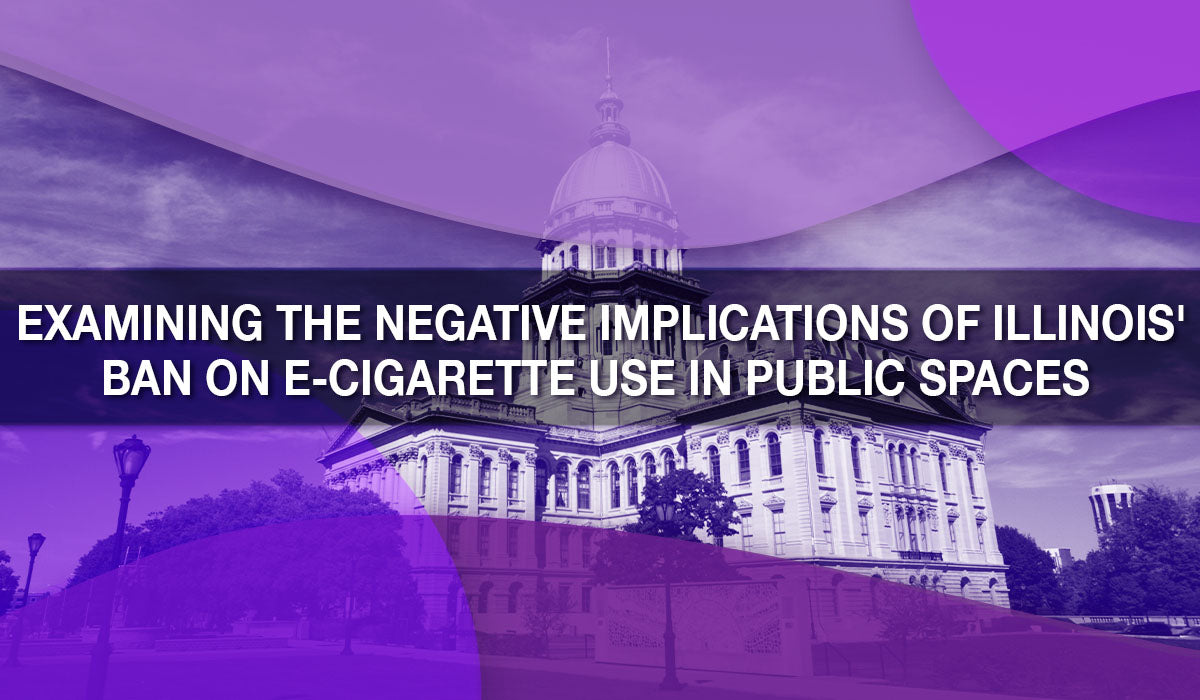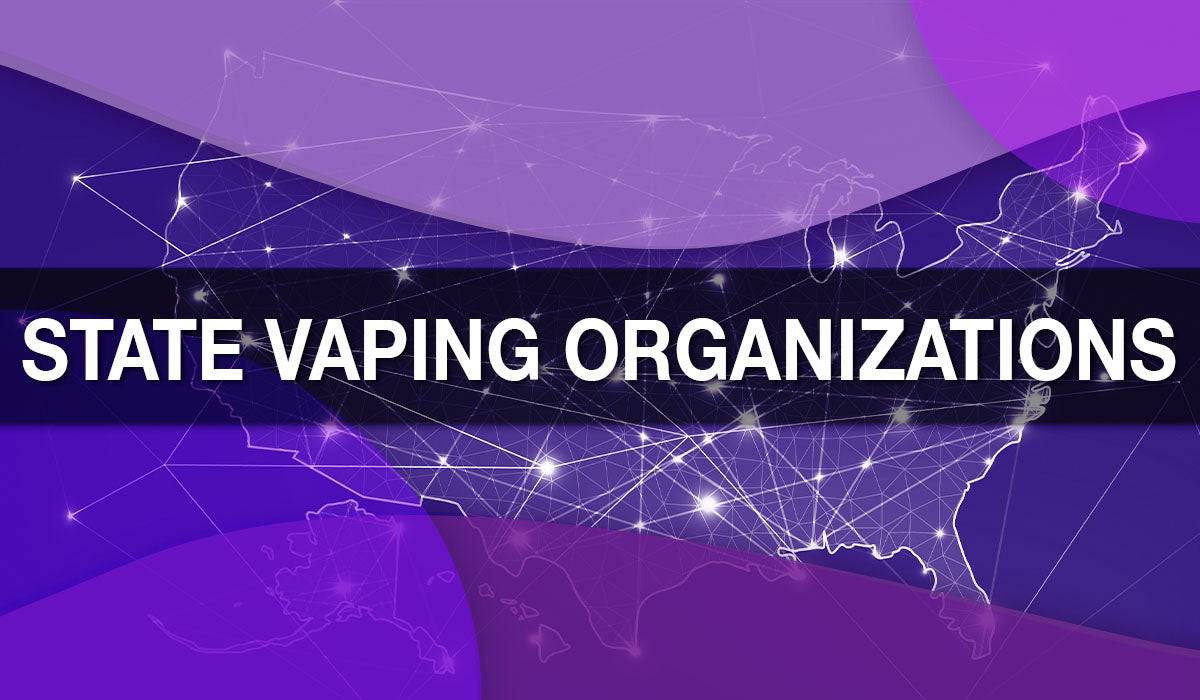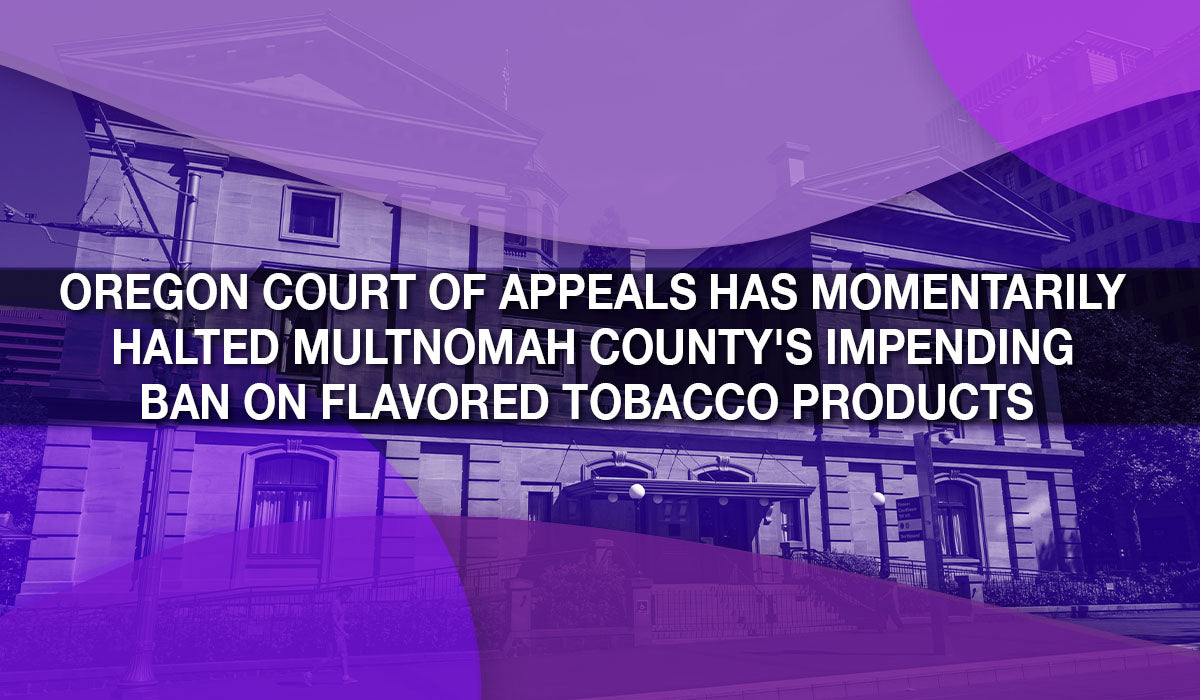
Examining the Negative Implications of Illinois' Ban on E-Cigarette Use in Public Spaces
As we step into the new year, Illinois residents will witness a significant change in public health regulations. Starting January 1st, a new law will take effect in the state, banning the use of e-cigarettes in public places. While the intention behind this legislation is to promote public health and reduce potential risks associated with vaping, it is essential to acknowledge the potential negative outcomes that may arise from such a ban.
E-cigarettes, commonly known as vapes or electronic nicotine delivery systems, have been a subject of both fascination and controversy since their introduction. While vaping is under constant threat in the US, in the opinion of Public Health England vaping is 95 percent less harmful than smoking. They also found no evidence that vaping acts as a gateway to combustible cigarettes for children.
There are several adverse consequences that warrant consideration:
Increased Cigarette Sales: An FDA study found that vape flavor bans directly result in increased cigarette sales and a corresponding drop in the sales of electronic cigarettes. Banning vaping in open use public spaces might limit accessibility and have the unintended consequence of spurring cigarette sales.
Economic Ramifications: The vaping industry has experienced substantial growth over the years, leading to the establishment of numerous businesses specializing in e-cigarettes and related products. A ban on vaping in public places could negatively impact these businesses, potentially leading to financial losses and job cuts.
Potential Increase in Black Market Activity: Prohibition often leads to the emergence of underground markets. A ban on e-cigarette use in public spaces might encourage individuals to seek alternative, unregulated sources for their vaping needs, which could pose greater health risks due to lack of quality control and safety standards.
Social Exclusion of Vapers: Vapers might face social exclusion or discrimination as a result of the ban. Being unable to vape in public spaces could lead to feelings of isolation or being ostracized, impacting their mental well-being and sense of community acceptance.
It's crucial to address public health concerns associated with vaping, especially among younger demographics. However, focusing on education and regulation might be more effective than an outright ban in public spaces.
Efforts to protect public health should encompass comprehensive education campaigns, stringent regulations to prevent underage vaping, and continued research into the health impacts of e-cigarettes. Collaborative measures involving government, health authorities, and the vaping industry could potentially strike a balance between public health protection and individual freedoms.
Striking a balance between regulation and the effective continuum of risk policies embraced by the United Kingdom could offer a more nuanced and effective approach to address the complexities associated with vaping.
As this legislation takes effect, ongoing evaluation and adaptation of policies will be crucial to mitigate any unintended adverse outcomes and ensure the well-being of both vapers and the general public.









Leave a comment
This site is protected by hCaptcha and the hCaptcha Privacy Policy and Terms of Service apply.